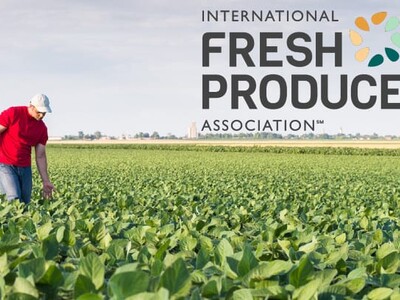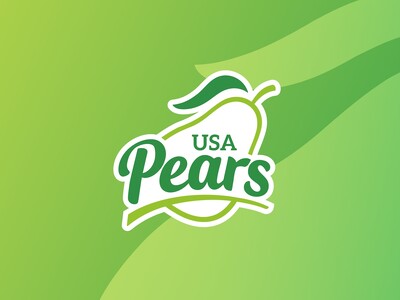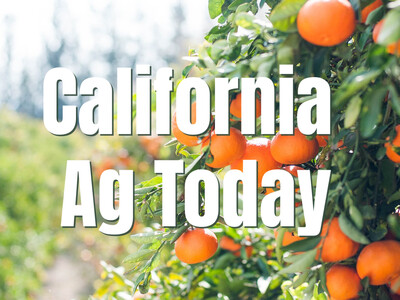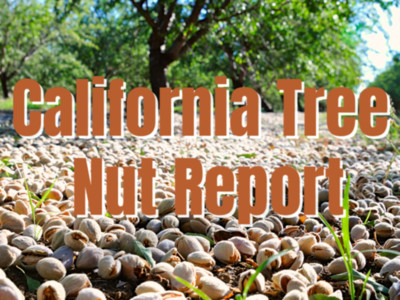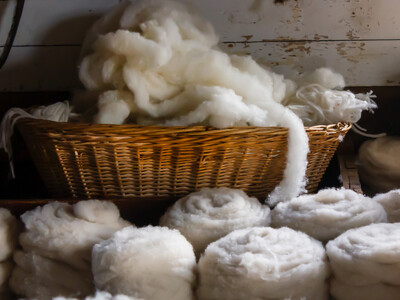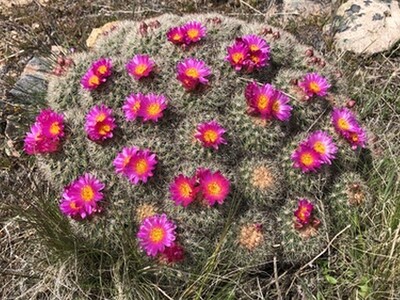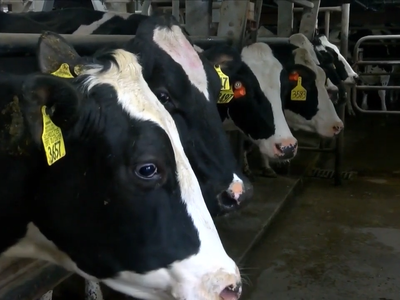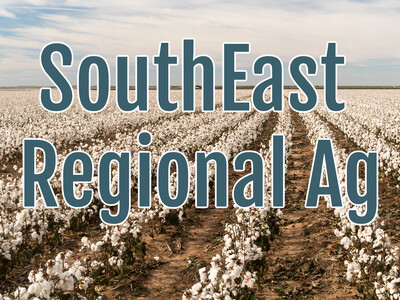Washington Wine Struggles Pt 1
With today’s Fruit Grower Report, I’m Bob Larson. They’ve kept up a brave face through the restrictions and lost sales due to coronavirus, but Washington’s wine industry, from the vineyards to wine sales, has suffered.Vicky Scharlau, executive director at the Washington Winegrowers Association says the impact has been huge …
SCHARLAU … “They estimated the total economic impact of decreased grape sales to be at $225-million dollars. Again, that’s on grapes. And then, when you compound that to include the wine sales figures, we’re up to $855-million dollars lost to the economy of the state of Washington from COVID impacts on the wine industry.”
That, Scharlau says could have been worse if not for the reopening of some tasting rooms …
SCHARLAU … “Luckily, Washington consumers really understand the value and the quality of Washington wine. So, as tasting rooms, in certain counties, have reopened, we have had good success with consumers coming back.”
But, Scharlau says we lost a lot over several months of closures ….
SCHARLAU … “So, we would have to go so far beyond our normal sales to the quote-unquote make up of sales. So, we’re doing a good job of coming back and our consumers, luckily in Washington, are welcoming us back with open arms, but we have a ways to go.”
Scharlau says the smaller, family-owned shops have had an especially difficult time.
Tune in tomorrow for more.
####
BL: Welcome back to another “Fruit Bites” brought to you by Valent U.S.A. Joining us again is Valent’s Allison Walston. And this week Allison, we want to promote beneficial insects into your orchard systems?
AW: Well, first, ask yourself if you’re willing to let the beneficial insects have some food. That means allowing pest populations to be present or having alternative food sources nearby. Allow some pear psylla to keep Deraeocoris around. Plant rose bushes nearby to encourage leafroller parasitoids. Keep apple rust mites for a western predatory mite snack. Some growers even release green lacewings in their orchards.
BL: Okay, so, trying to keep prey for the predators to eat. What else?
AW: Next, consider the impact of broad-spectrum insecticides (both organic and conventional) and avoid using in the middle of summer when predators are at their peak. Local spray guides have impact ratings on beneficial insects. Plan a pest management program somewhere in the middle of total desert to dripping mess. It might take a couple of years to reach an equilibrium.
BL: Well, thanks Allison. Join us again next time for Fruit Bites, brought to you by Valent. Until then, I’m Bob Larson.





